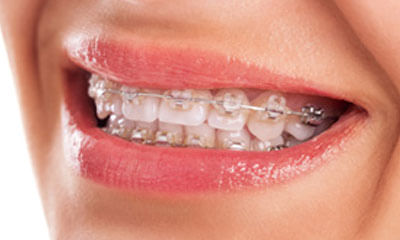Pregnancy is a transformation phase in itself -it brings with it changes to almost all body systems. The oral tissues and the teeth are also affected significantly. Extra precaution is required to maintain regular oral health and avoid severe decay and/or gum disease. If not avoided, the dental infections can cause severe systemic infections and require strong antibiotics, x-rays, minor surgeries, and root canal therapy which may not be safe during pregnancy.
Higher levels of estrogen during pregnancy in the blood lead to a lot of visible changes in the oral cavity - higher incidence of tooth decay, gingival and periodontal inflammation, and even minor benign tumours in some cases. The notorious morning sickness plays havoc with the person's oral hygiene habits, thereby further complicating the situation.
Prior to pregnancy: A pre-pregnancy dental check-up to look for gum health and decay would go a long way in a healthy pregnancy, from the dental point of view at least. A thorough scaling and screening for cavities done before pregnancy can help avoid dental visits during the term, other than for routine checkup.
Pregnancy: If that pre-pregnancy visit could not happen, then visiting your dentist should be one of the first things to do as soon as you have confirmed your pregnancy. At this stage, no dental treatment can be done. Any elective procedures (cosmetic, etc.) will have to be done only after delivery. If the dentist identifies no cause for worry, that is great news. However, if there are any causes for concern, like a decay, the non-invasive treatment should be done at the earliest. When you are pregnant, note the following from a dental point of view:
- Oninvasive treatments like minor fillings can be done
- Regular scaling and polishing is not a problem
- Let the dentist know about all the medications you are taking
- Visit the dentist every 3 to 4 months for a regular check-up
- Follow good oral hygiene practices including, brushing, rinsing, and flossing
- Switch to a bland toothpaste in case of severe morning sickness
- Watch your diet - the teeth forming in the fetus require nutrition through you, so ensure adequate intake of minerals like calcium and potassium
- Avoid sweets and sticky/chewy foods that can lead to plaque formation
Though dental procedures can be done during the 4th to 6th month, they are best avoided, which can be done with better planning and some minimal care.
After delivery: After the delivery of the baby, please visit your dentist to ensure you have again ensured there is no emergent dental condition requiring attention. Resume your regular dental care after delivery.
With a little planning and extra care, dental health can be managed nicely during pregnancy with minimal to no pain. If you wish to discuss about any specific problem, you can consult a dentist.



+1.svg)
